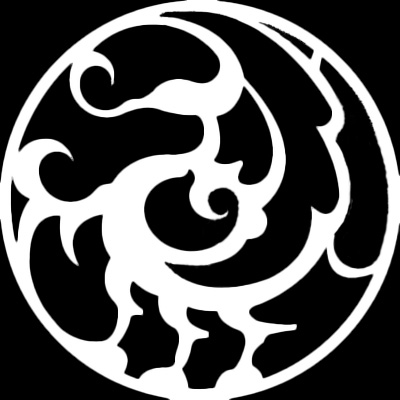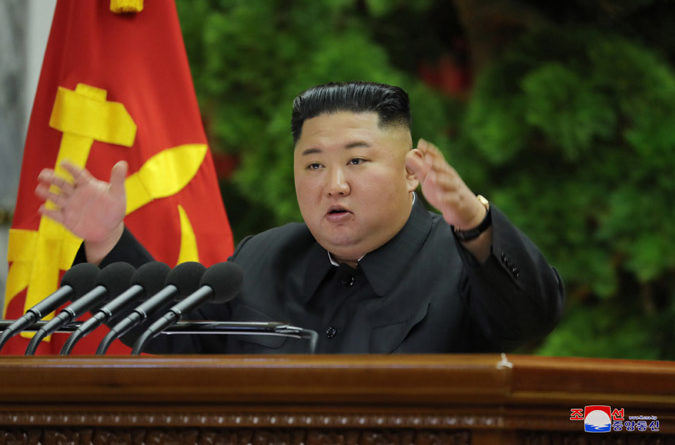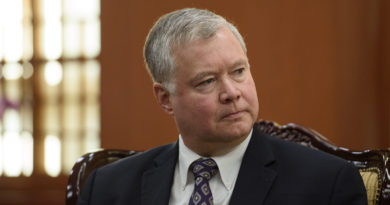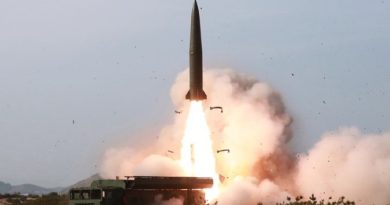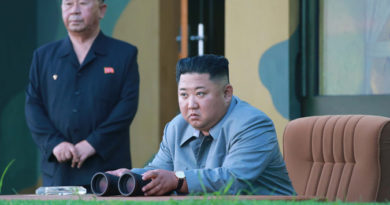Fire and Fury on the Korean Peninsula?
The end of year 2019 deadline for sanctions relief declared by the North Koreans has come and passed, and with it the end of the charade that was “denuclearization negotiations.” Despite my previous worries that President Trump would indeed cave to the “good enough deal” advocates among his advisors, the president has held firm to demanding concrete denuclearization before any sanctions relief. Though, to be fair, the president has sent mixed signals in this regard.
The North Koreans, on the other hand, have realized that they’ve gotten all they can from their patrons in South Korea, the US, Russia, and China, and are now moving forward with their “new way.” While some may anticipate a return of 2017’s “Fire and Fury” on the Korean Peninsula, my assessment is that 2020 will mostly be a continuation of 2019, especially the latter half.
Will the DPRK Test a Missile?
It is possible that the DPRK will test an ICBM in 2020, but it doesn’t necessarily need to happen in the short-term. 38North reporting indicated a ballistic missile submarine was concealed by an awning at the Sinpo shipyard on the east coast. Launching a SLBM from a submerged submarine would demonstrate the “new strategic capability” touted by KJU. Further, simply deploying more missiles and further upgrading ballistic missile sites — as was done at the end of 2018 — could demonstrate new strategic capabilities. The DPRK could also resume testing short-range missiles, and rockets, which fall below Trump’s threshold for being a “big deal,” but would demonstrate domestically that the North Koreans are not backing down. We could also see actions similar to the 2010 attacks on the Cheonan and Yeonpyeong Island.
My assessment is that the North Koreans have received the message that an ICBM test would be considered by the Americans as warranting a response. However, actions that are seen as only threatening states in the region will be largely ignored by the US, especially during an election year. Further, actions short of a nuclear test will be overlooked by the Chinese and the Russians, whom the North Koreans must rely on to stay afloat. To that end, KJU visited both countries this past year and has probably communicated the regime’s current stance.
What About the South Koreans?
The South Koreans are largely irrelevant from the North Korean perspective at this time. Though President Moon has called for restarting inter-Korean projects and invited KJU to visit Seoul, the DPRK leader realizes that Moon is not ready to explicitly violate UN sanctions more than he already has. Also, due to President Moon’s fumbling of Japanese relations and inability to foster US-ROK relations, it is unlikely that he will be able to expend any capital convincing Trump to support easing of sanctions for inter-Korean projects. The South Koreans are also under pressure while negotiating the Special Measures Agreement, which doesn’t allow them to offer much in return for US efforts to further ease sanctions.
On the other hand, Moon remains at his crossroad concerning the DPRK issue and relations with the US. In November, the ROK committed to a defense agreement with the PRC. Additionally, special advisor for foreign affairs and national security Moon Chung In has made consistent remarks indicating that the ROK should rely less upon the US partnership, and begin fostering better relations with the PRC. Further indicating his lack of interest in US-ROK relations, President Moon wanted to send this man to DC to serve as ambassador to the US. Moon only has two years left in his term, but polling seems to indicate that his party will remain in control of the National Assembly after the April elections, a situation that the North Koreans will attempt to exploit.
Conclusion
I suspect that the North Koreans, following US politics closely, know that Donald Trump will be re-elected president in November. However, during this election year, Trump will likely allow them to shore up support domestically with provocative actions that don’t meet Trump’s threshold. Further, after the National Assembly elections in the South, the North Koreans are likely to turn up the pressure on the South Koreans to include information operations. Meanwhile, the Chinese will continue to attempt to draw the South Koreans further from US influence causing the Americans to view the US-ROK alliance with ambivalence. While this is a region that Donald Trump should focus on to achieve US strategic interests, I have not seen evidence that his administration will prioritize the region as needed. Accordingly, 2020 may be a year that marks the beginning of a change in the Indo-Pacific.
